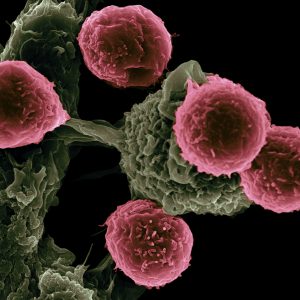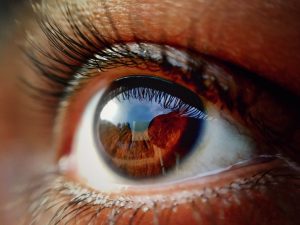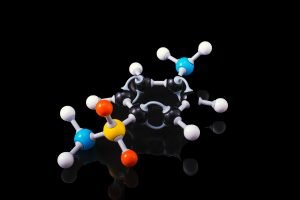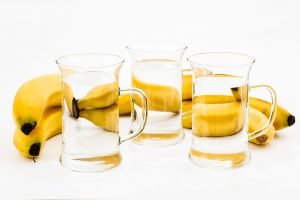Exams
-


Board Exams Date Sheet Announcement For CBSE Class X and XII
February 2nd, 2021 by Admin ProductOn February 12th, the date sheet for students of CBSE Class X and XII has been released. How to check the date sheet? You can check it on our website. Scroll down. If you want to download the PDF format, it is available on the official CBSE website. Follow these steps: 1. Click on the […]
-


CBSE Class 11th The Plant Kingdom
January 31st, 2021 by Admin ProductWhittaker, a scientist, proposed a Five Kingdom classification for all living organisms dividing them into: Monera, Protista, Fungi, Animalia and Plantae. In Plantae, the species are subdivided into Algae, Bryophytes, Pteridophytes, Gymnosperms and Angiosperms. The classification of plants was done on the basis of their physical characteristics, called the artificial system. Later, natural classifical systems […]
-


CBSE Class 12th Introduction to Biotechnology
January 20th, 2021 by Admin ProductWhat is Biotechnology? The European Federation of Biotechnology explains Biotechnology as “The integration of natural science and organisms, cells, parts thereof, and molecular analogues for products and services”. The two techniques involved in modern biotechnology are: Genetic Engineering : Changing the phenotype of the host organism by introducing the DNA and RNA of foreign organism. […]
-


CBSE Class 11th Solar Radiation, Heat Balance and Temperature
January 19th, 2021 by Admin ProductLife on earth is possible due to multiple reasons. One of them being the feature of the earth to radiate back all the heat energy it receives from the sun due to which it neither cools down nor warms up. Let’s see then, how the earth maintains heat enough to sustain life: Solar Radiation Incoming […]
-


CBSE Class 8th Cell – Structure and Functions
January 16th, 2021 by Admin ProductWhat is a cell? Discovered by Robert Hooke in 1665 after observing cork under a microscope, the cell forms the basic unit of an organ. Although Hooke discovered dead cells, living cells were discovered a lot later. Depending on the number of cells, an organism can be multicellular (number of cells) or unicellular (single- celled). […]
-


CBSE Class 10th & 12th Structural Isomers
January 13th, 2021 by Admin ProductIn actual form, a lot many molecules are aligned differently than what appears to be the case from their chemical formulae. These are the compounds that have the same molecular formula but different molecular structure. Theoretically, all the compounds can have structural isomers. This phenomenon is also known as isomorphism. Usually, the isomers have a […]
-


CBSE Class 10th &12th Human Eye Structure
January 12th, 2021 by Admin ProductWe are able to see the objects through the reflection, refraction of light. The human eye has a natural lens which allows the light to enter and the images to form. Like a regular pair of spectacles, our eyes also use a lens to adjust the focus and produce clear images. But have you ever […]
-


CBSE Class 11th Landforms – Formation and Evolution
January 10th, 2021 by Admin ProductWhen we look around us we see how variegated the face of the earth is. There are high mountains, rocks, canyons, sandy beaches, majestic oceans, and even hollows and caves on the Earth’s surface. Let’s see how these wonders of the earth came to be? What are landforms? Landforms are any man-made creation which is […]
-


CBSE Class 12th IUPAC Nomenclature – Basics
January 9th, 2021 by Admin ProductIUPAC stands for “International Union of Pure and Applied Chemistry” and is a dedicated organization towards the promotion, research and development of the subject and applied matters of chemistry. Their nomenclature on the naming convention of organic chemical compounds is universally accepted and followed. The increasingly large number of organic compounds identified with each passing […]
-


CBSE Class 10th Refraction
January 6th, 2021 by Admin ProductRefraction is the phenomenon of bending of light when it travels in an oblique direction between two mediums of varying densities. Medium is the channel through which light passes. It can be air, water, glass, kerosene, etc. The difference in densities of two mediums causes the speed of light to change which causes bending of […]

